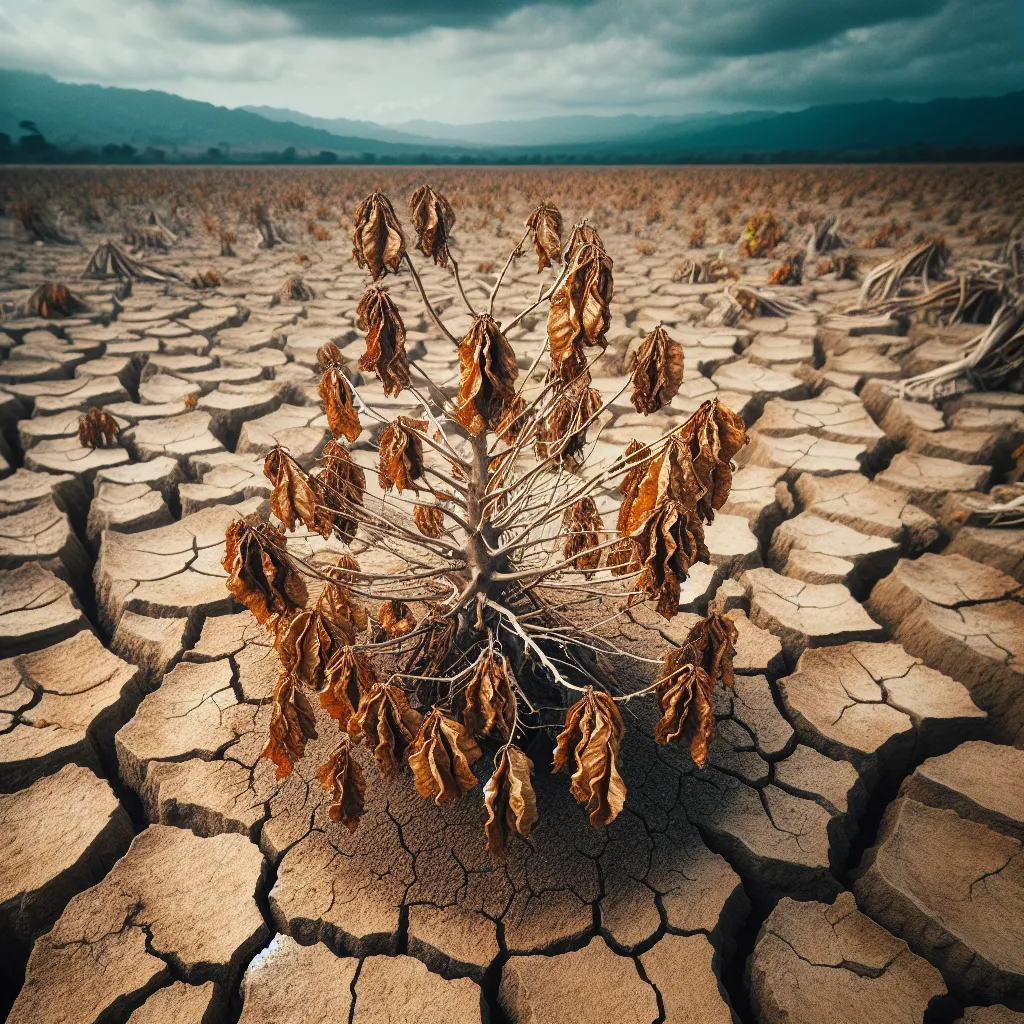Rising Temperatures: Threatening the Future of Coffee
Climate change is posing a significant threat to coffee production worldwide, with rising temperatures being a key concern for the future of this beloved beverage. As global temperatures continue to climb due to greenhouse gas emissions, coffee-growing regions are experiencing adverse effects that jeopardize the sustainability and quality of coffee crops. The delicate balance of temperature and precipitation that is crucial for coffee cultivation is being disrupted, leading to negative impacts on coffee plants.
The rise in temperatures is causing shifts in the traditional coffee-growing regions, forcing farmers to seek higher altitudes where the climate is more suitable for coffee cultivation. However, this is not a viable long-term solution, as the availability of land at higher elevations is limited. Additionally, the changing climate is also making these once ideal regions vulnerable to new pests and diseases that thrive in warmer temperatures, further endangering coffee plants.
Moreover, higher temperatures affect the maturation process of coffee cherries, leading to altered flavor profiles and reduced yields. The delicate balance of sugars and acids essential for the unique taste of each coffee variety is being upset by the stress of extreme heat, resulting in inferior and inconsistent flavor experiences for consumers.
In conclusion, the rising temperatures associated with climate change are undeniably threatening the future of coffee production. Urgent global action is needed to mitigate the impacts of climate change and protect the livelihoods of coffee farmers, as well as the rich tapestry of flavors that coffee enthusiasts cherish.
Droughts and Coffee Crop Failures: The Harsh Reality of Climate Change
Climate change has become a significant concern for the coffee industry, with rising temperatures and changing weather patterns posing a threat to coffee production worldwide. One of the most pressing issues faced by coffee farmers is the increasing frequency and severity of droughts, leading to coffee crop failures and significant economic losses.
Droughts have a detrimental impact on coffee plants, affecting their growth and development. Prolonged periods of water shortage can result in reduced cherry production, lower bean quality, and in severe cases, complete crop failure. The lack of water stress also makes coffee plants more susceptible to diseases and pest infestations, further compromising the overall yield and quality of the harvest. As a result, many coffee-growing regions are experiencing a decline in production levels, jeopardizing the livelihoods of smallholder farmers and the global supply of high-quality coffee beans.
Furthermore, the economic repercussions of drought-related coffee crop failures extend beyond the farm level, disrupting supply chains and driving up prices for consumers. In some cases, these challenges have led to the abandonment of coffee farms as farmers struggle to cope with the unpredictability of climate change and its impact on their livelihoods.
The harsh reality of climate change is clear: without effective adaptation and mitigation strategies, the coffee industry will continue to face the brunt of droughts and crop failures, with far-reaching consequences for producers, consumers, and global trade. As such, urgent action is needed to address the underlying causes of climate change and to support coffee farmers in building resilience against its adverse effects.
Adapting to Changing Conditions: Challenges for Coffee Farmers
Adapting to changing climatic conditions poses significant challenges for coffee farmers around the world. As temperatures rise and weather patterns become more unpredictable, coffee plants are increasingly vulnerable to pests, diseases, and extreme weather events. In response, farmers are being forced to implement new strategies to protect their crops and maintain sustainable production.
One of the key challenges for coffee farmers is the shifting suitability of traditional growing regions. As temperatures increase, the optimal conditions for coffee cultivation are moving to higher altitudes. This means that many farmers are being forced to either relocate their farms or invest in new varieties of coffee plants that are more resilient to higher temperatures. Both options come with significant costs and risks, particularly for small-scale farmers with limited resources.
In addition to the physical challenges posed by a changing climate, coffee farmers also face economic uncertainty. Fluctuating weather patterns can lead to unpredictable harvests, making it difficult for farmers to plan and invest in their businesses. Furthermore, the increased prevalence of pests and diseases requires additional investment in pest control and disease management, further straining resources.
Despite these challenges, many coffee farmers are proactively seeking out innovative solutions to adapt to changing conditions. This includes investing in sustainable farming practices, such as agroforestry and water conservation, which can help mitigate the effects of climate change while also improving the resilience of coffee plants. Furthermore, ongoing research and development into new coffee plant varieties that are more tolerant to heat and pests offer hope for the future of coffee production in a changing climate.
In conclusion, the impact of climate change on coffee production presents a complex set of challenges for farmers. Adapting to changing conditions requires significant investment, innovation, and resilience. However, with the right support and resources, coffee farmers have the potential to overcome these challenges and continue producing high-quality coffee for years to come.
Sustainability Solutions: Navigating Climate Change in the Coffee Industry
The impact of climate change on coffee production has become a concerning issue for the coffee industry. As rising temperatures and unpredictable weather patterns continue to affect coffee-growing regions, sustainability solutions are crucial for navigating these challenges.
The coffee industry has witnessed the detrimental effects of climate change, including extreme weather events, shifting rainfall patterns, and the proliferation of pests and diseases. To address these issues, sustainable approaches have become imperative. One such solution involves promoting agroforestry, which integrates trees into coffee farms to provide shade, improve soil health, and enhance resilience to climate change.
Furthermore, the adoption of water-saving irrigation techniques and the implementation of soil conservation practices are essential for mitigating the impact of climate change on coffee production. Embracing organic farming methods can also contribute to sustainability by reducing reliance on synthetic inputs and promoting biodiversity.
Collaboration across the coffee industry, from growers to consumers, is vital for implementing and supporting sustainability solutions. This includes investing in research and development to create climate-resilient coffee varieties, as well as supporting initiatives that empower and educate coffee farmers on sustainable practices.
In conclusion, the challenges posed by climate change to the coffee industry necessitate proactive and collaborative sustainability solutions. By prioritizing resilience, conservation, and innovation, the industry can navigate the complexities of climate change and work towards a more sustainable future for coffee production.

